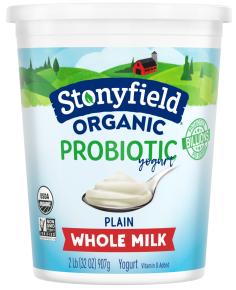If you or someone in your family is experiencing constipation, you’re not alone.
Most of us will have trouble with this common affliction at some point in our lives.
Thankfully, there are natural ways to get things moving.
What Is Constipation?
Constipation is usually defined as a change in the frequency of bowel movements—the “normal” range is three times a day to three times a week.
Constipation can be acute or chronic, and is characterized by a host of uncomfortable symptoms:
- passing hard stools
- feeling bloated or full
- nausea
- abdominal pain
- strained bowel movements
What Causes Constipation?
These can all lead to bathroom trouble:
- dehydration
- lack of exercise
- illness or chronic disease
- high stress levels
- lack of dietary fiber
The Importance of Fiber
The most common cause of constipation is a low-fiber diet.
Fiber adds bulk to stool, making it easier to move along the digestive tract.
Americans typically fall short of the recommended daily fiber intake (25 g for women, and 38 g for men).
Consuming more high-fiber foods can relieve and even prevent constipation.
What Can You Do about Constipation?
It’s easy to boost your fiber intake by incorporating more vegetables, fruit (especially dried fruit), whole grains, beans, nuts, and seeds into your diet.
You can meet your daily fiber needs with 2 cups of fruit and 2 1⁄2 cups of vegetables per day.
Small changes can make a big difference. Easy ways to boost fiber intake for the whole family include:
- adding oats to baked goods
- adding fruit to cereal
- using veggies in stews or casseroles
Tips for Kids with Constipation
Constipation can be painful and stressful for children, but it is surprisingly common, affecting up to 30 percent of kids. Here are some ways to keep things running smoothly:
- Keep kids hydrated. Water is best, and it helps to soften stools.
- Boost fiber intake with whole grains, vegetables, and fruit.
- Warm foods at breakfast can stimulate digestion.
- Make movement a priority—kids should engage in at least 30 minutes of physical activity per day to encourage healthy digestion.





